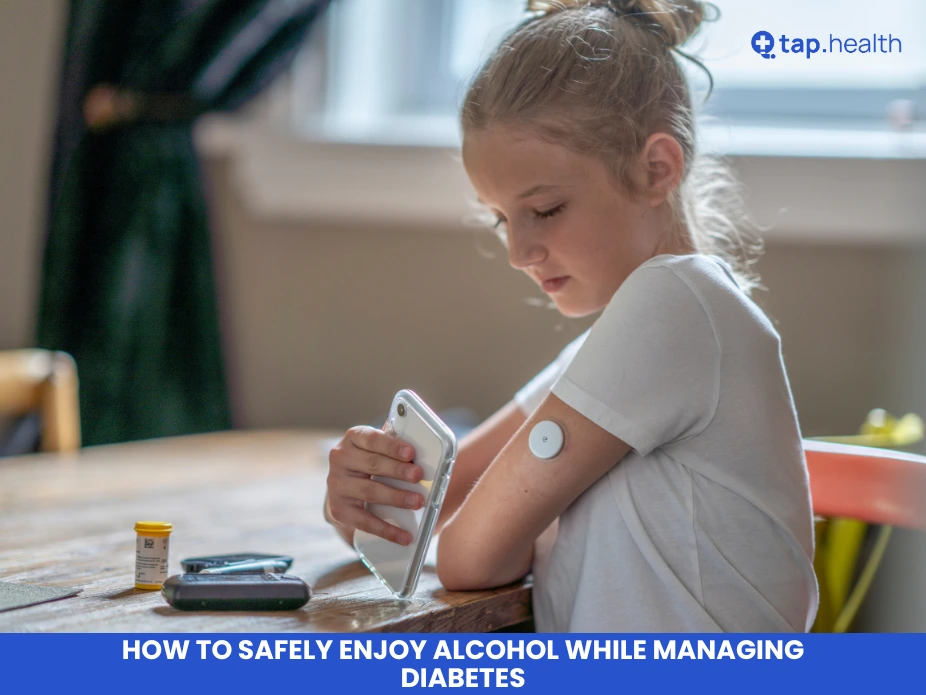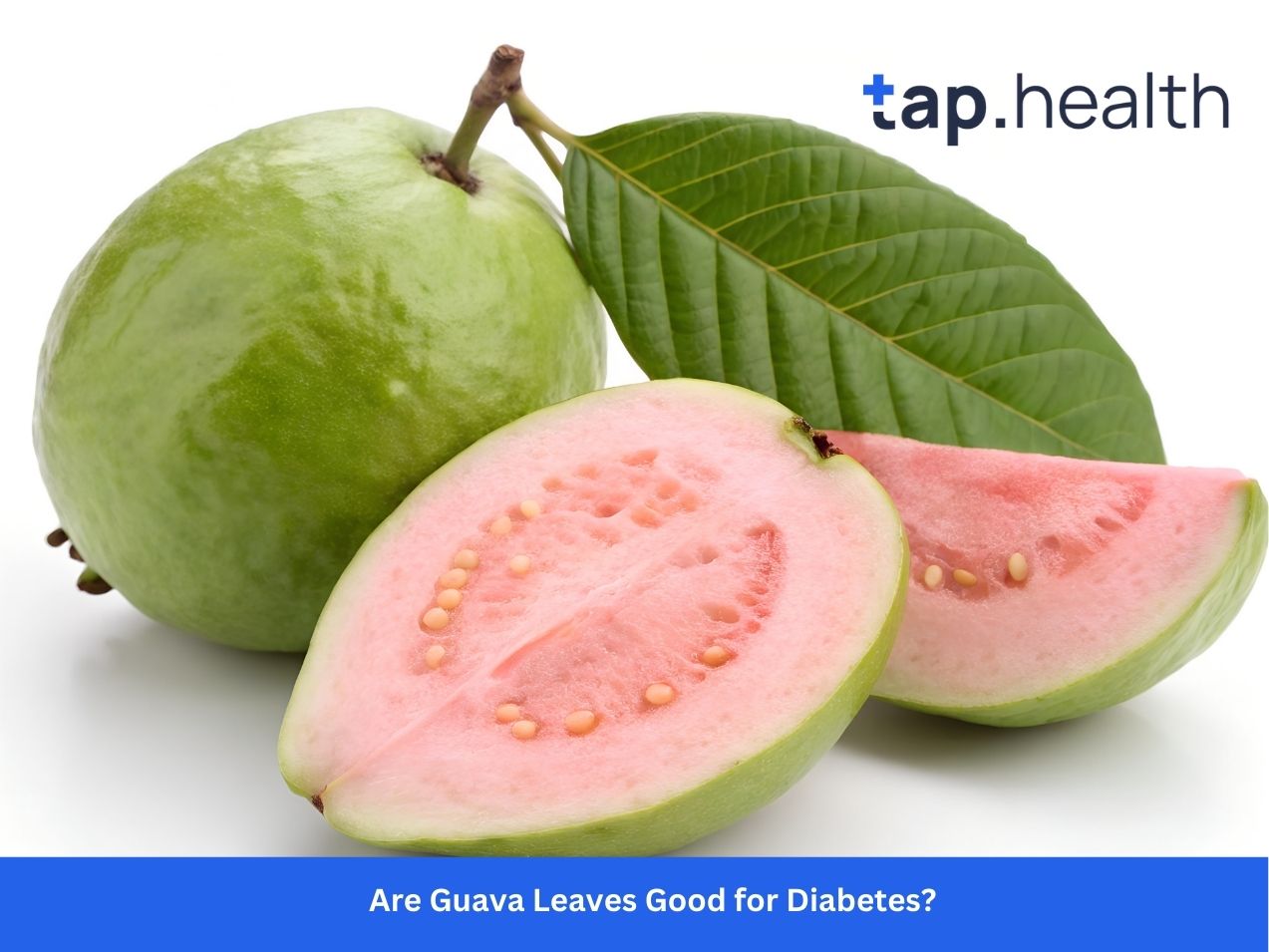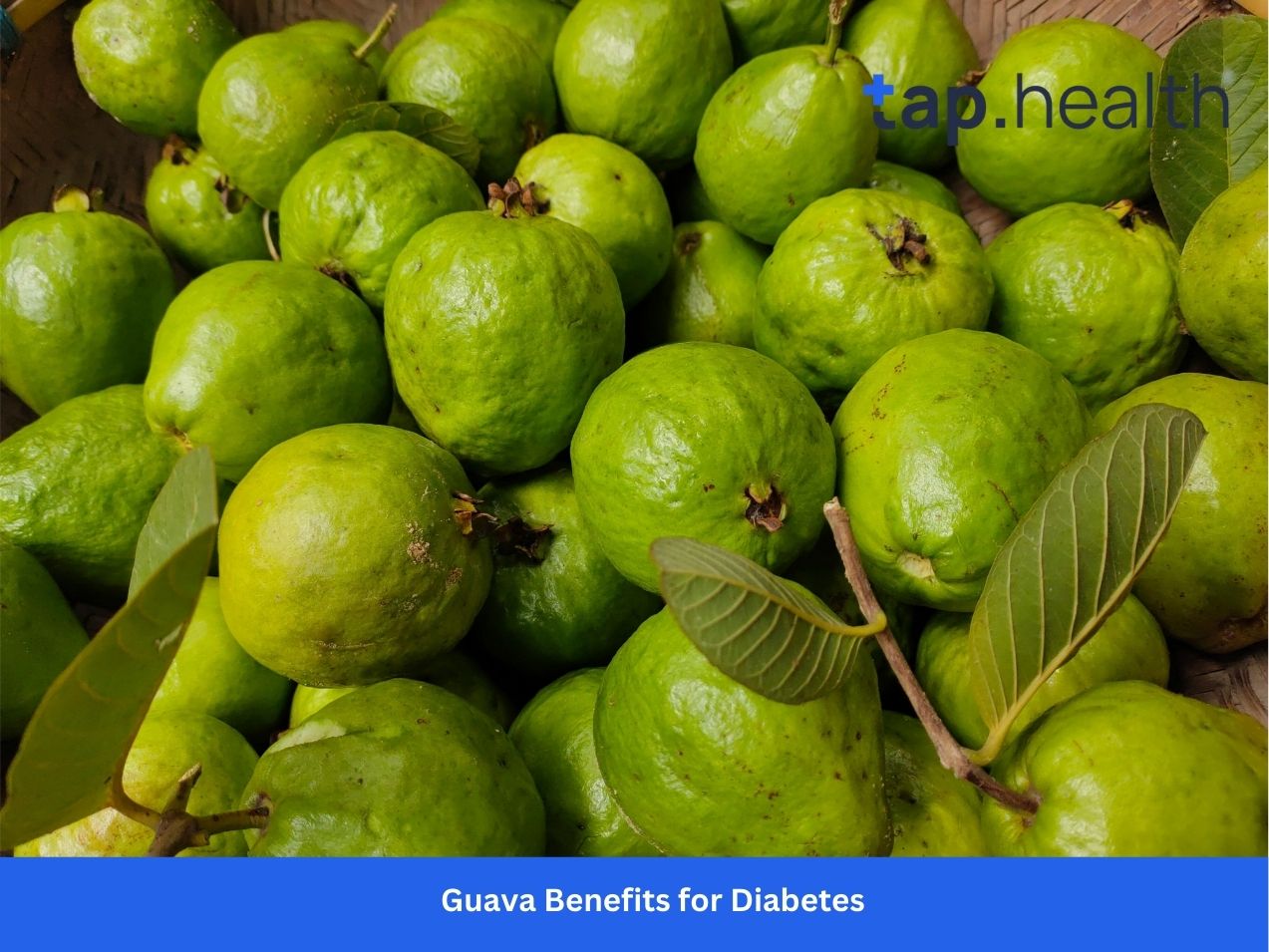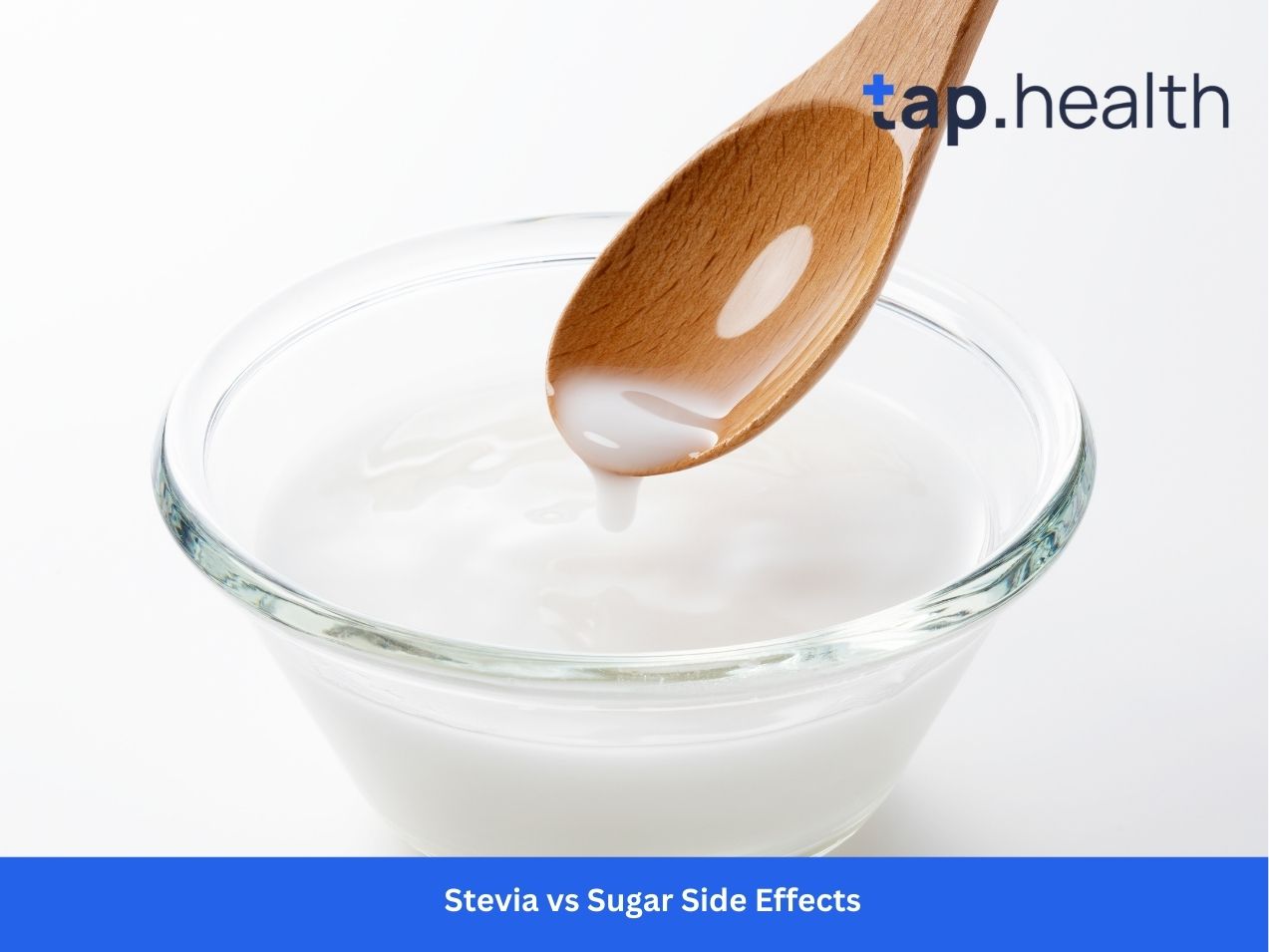Can You Drink Alcohol with Diabetes? Safe Guidelines Explained
Living with diabetes doesn’t mean giving up social occasions or occasional drinks. Many people wonder: can people with diabetes drink alcohol safely? The answer is yes, in moderation, with careful planning. Alcohol affects blood sugar levels, but understanding its impact allows safe enjoyment.
This comprehensive guide covers alcohol’s effects on diabetes, best alcoholic drinks for diabetics, risks of hypoglycemia and hyperglycemia, and practical tips from experts. Whether you have Type 1 or Type 2 diabetes, these insights help maintain stable glucose while indulging responsibly.
How Alcohol Affects Blood Sugar Levels in Diabetes
Alcohol interacts uniquely with diabetes management. The liver prioritizes metabolizing alcohol over releasing glucose, potentially causing low blood sugar (hypoglycemia) hours later—especially risky for those on insulin or sulfonylureas.
Conversely, high blood sugar (hyperglycemia) occurs with carb-heavy drinks like sugary cocktails. Mixers with juice or soda spike glucose rapidly. Alcohol may also impair judgment, leading to overeating or skipped medications.
Moderate intake might improve insulin sensitivity temporarily, but excessive drinking worsens insulin resistance. Dehydration from alcohol’s diuretic effect concentrates blood sugar, complicating control.
Real-life examples highlight these effects:
- A man with Type 2 diabetes experienced delayed hypoglycemia after wine without food. Pairing drinks with protein-rich meals stabilized his levels.
- A woman with Type 1 diabetes switched from sweet margaritas to low-carb vodka sodas, preventing spikes while enjoying nights out.
Best Alcoholic Drinks for People with Diabetes
Choosing wisely minimizes risks. Focus on low-carb alcoholic beverages and avoid high-sugar options.
Safest Choices for Diabetes-Friendly Alcohol:
- Dry Wine: Red or white dry varieties have low sugar and glycemic index. Limit to 5 ounces.
- Light Beer: Fewer carbs than regular beer; check labels.
- Clear Spirits: Vodka, gin, rum, tequila—zero carbs. Mix with club soda, diet tonic, or lime.
- Brut Champagne: Low residual sugar for celebrations.
Drinks to Avoid with Diabetes:
- Sugary cocktails (margaritas, piña coladas, daiquiris)
- Sweet wines or liqueurs (Baileys, amaretto)
- Regular beer or flavored alcohols with added sugars
These choices prevent rapid blood glucose fluctuations.
Moderation Guidelines: How Much Alcohol Is Safe with Diabetes?
The American Diabetes Association (ADA) provides clear limits:
- Women: Up to 1 drink per day
- Men: Up to 2 drinks per day
One standard drink equals:
- 12 oz light or regular beer
- 5 oz wine
- 1.5 oz distilled spirits
Exceeding these increases risks of liver issues, weight gain, and poor diabetes control. Always consult your doctor, especially if medications lower blood sugar.
Tips to Prevent Low Blood Sugar After Drinking Alcohol
Hypoglycemia is a major concern. Follow these strategies:
- Never Drink on an Empty Stomach: Eat a balanced snack or meal with protein, fiber, and healthy fats (e.g., nuts, cheese, grilled chicken). This slows alcohol absorption and supports stable glucose.
- Monitor Blood Glucose Frequently: Check before drinking, during, 1-2 hours after, and before bed. Delayed lows can occur up to 12-24 hours later.
- Stay Hydrated: Alternate alcohol with water—one glass per drink—to combat dehydration’s effects on blood sugar.
- Adjust Medications Carefully: Discuss with your healthcare provider; some may need insulin dose reductions.
- Wear Medical ID: In case of severe hypoglycemia, others can help.
Does Alcohol Cause High or Low Blood Sugar in Diabetics?
Both are possible:
- Low Blood Sugar Risk: Dominant effect, especially fasting or with certain meds.
- High Blood Sugar Risk: From carb-rich drinks or impaired decisions.
Individual responses vary—track personal patterns.
Expert Advice on Managing Diabetes and Alcohol Consumption
Endocrinologists stress responsibility. Dr. Mark Johnson advises: Monitor closely, especially initially. Pair alcohol with food, time medications properly, and prioritize safety.
Guidelines align with ADA, CDC, and peer-reviewed research in Diabetes Care journal, confirming moderate consumption’s safety with vigilance.
Real-Life Strategies for Social Drinking with Diabetes
Socializing remains enjoyable:
- Plan ahead: Eat before events.
- Choose low-carb options at bars.
- Inform friends about hypoglycemia signs.
- Carry glucose tabs or snacks.
These habits allow fun without compromising health.
Long-Term Considerations: Alcohol and Diabetes Complications
Chronic heavy drinking raises risks of neuropathy, retinopathy, and cardiovascular issues. Moderate enjoyment supports overall well-being when balanced with diet, exercise, and monitoring.
Frequently Asked Questions About Alcohol and Diabetes
Q: Can I drink alcohol if I have diabetes?
A: Yes, moderately. Choose low-sugar drinks, eat beforehand, and monitor blood sugar.
Q: What alcohol lowers blood sugar?
A: Most alcohols can lower it by inhibiting liver glucose release, risking hypoglycemia.
Q: Which alcohol is best for diabetics?
A: Dry wines, light beers, clear spirits with sugar-free mixers.
Q: How much alcohol is safe for diabetics?
A: ADA limits: 1 drink/day (women), 2 (men).
Q: How to avoid hypoglycemia when drinking with diabetes?
A: Eat balanced food, hydrate, monitor frequently, avoid empty stomach.
Q: Does red wine help diabetes?
A: Moderate red wine may offer antioxidants and slight insulin sensitivity benefits, but evidence is mixed—moderation key.
Q: Can Type 1 diabetics drink alcohol safely?
A: Yes, with extra caution due to insulin use and higher hypoglycemia risk.
Q: What mixers are safe for diabetic cocktails?
A: Club soda, seltzer, diet tonic, fresh lime/lemon.
Safe alcohol consumption with diabetes requires knowledge and caution, but it’s achievable. By selecting diabetes-friendly drinks, practicing moderation, and monitoring diligently, you can enjoy occasions without derailing management. Always personalize advice with your healthcare team.



